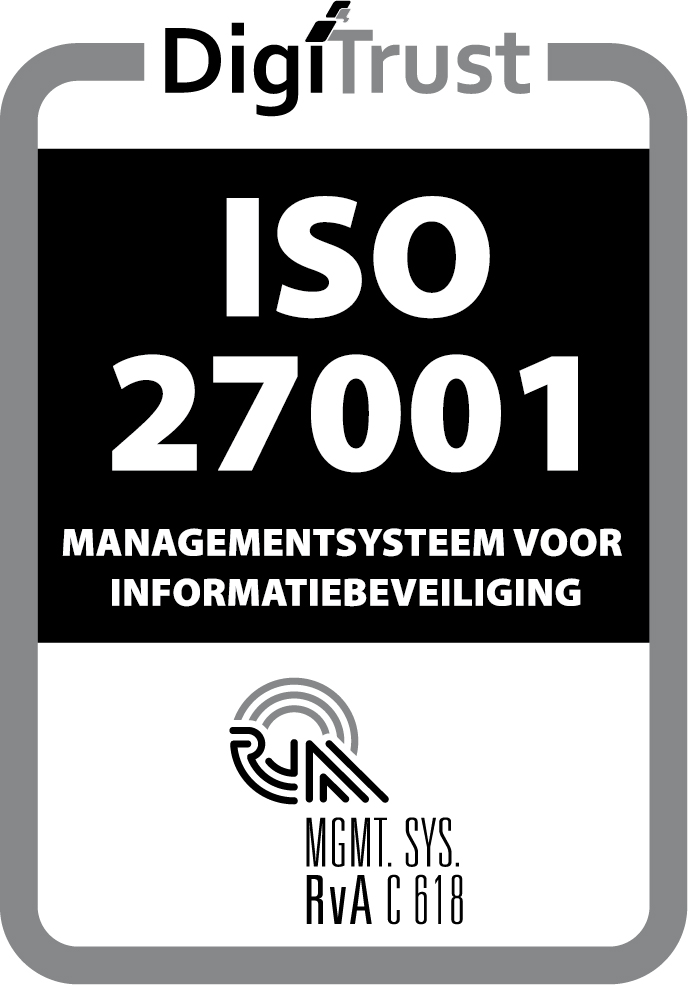Mental healthcare institutions are increasingly using technology and digitization to reduce costs and improve their business efficiency. However, before embracing technological innovations, it is essential to consider some factors, such as the benefits of the technological solution, the required investment in terms of budget, energy and how the staff can best embrace the changes.
Pre-knowledge of business operations and finance
To estimate whether a digital innovation will be successful, a baseline measurement of the business operations and finance of a mental healthcare institution should be made. These assets are complex and influenced by several factors, such as the size of the institution, the location, the nature of care provided, and the funding structure. As you can imagine, this is why the business operations of each institution vary and should be assessed as an individual case. To create a general picture, a framework for the business operations and finance of a mental healthcare institution could include the following components:
The standard workflow and current way of working
- How the general business operations and financial administration are managed and controlled.
- Which systems are being used and how they are deployed and managed?
- How many clients are treated and what type of care do they receive? In other words, what do the treatment protocols look like?
- Which types of clients receive the most intensive care?
Insight into income and expenses
- What the highest expenses are, such as personnel costs, housing costs, medicine and other healthcare supplies, as well as costs for administration and business operations.
- How much budget is available from a health insurance company for innovation practices?
- What innovation projects are already underway?
- Whether there are contracts with other (IT) suppliers.
Personnel and roles
- How much (treatment) staff the mental healthcare institution has?
- Who is going to be involved in the implementation and use of technological innovation?
- What kind of behavioural change is asked of the staff?
- Whether there is someone employed, such as an innovation manager or change manager, who can facilitate the innovation.
- How to ensure that the innovation is implemented and secured.
- How about your mental healthcare institution? You can use the list above as a checklist.
The role of health insurers in digitization
Health insurers are increasingly asking for information about the business operations of a mental healthcare institution, and want to stay informed about the implementation of technological innovation. This requires a lot of attention from people within an institution who were previously less concerned with business operations and innovation. For example, questions that a mental healthcare institution must answer include: what does the product provide in terms of cost savings? How is the change implemented within the budget? What organizational implications does it bring? What will be the overall impact?
Implementation and management of digital innovation is a challenge.
Technology and digitalization can improve the operations and finances of a mental healthcare institution in various ways. For example, by offering digital care, blended care, data analysis for administration, and automation of work processes. However, digitizing the operations proves to be a complex task. Important prerequisites are, for example, a convincing business case and optimal collaboration between different departments. Hence, implementing technological innovation requires many changes in daily practices and logistics and demands a different approach to clients.
Furthermore, it is important to note that digitalization does not necessarily lead to lower costs and increased efficiency; it depends on how it is implemented and secured. Choosing the right technologies and methods determines the success of innovation. Moreover, it is essential to guide the change processes effectively and involve employees in the implementation.
How mental health care institution MiSi NeuroPsy started using the NiceDay platform
MiSi NeuroPsy is a mental health care institution that focuses on both complex and simple cases and has a mission to provide the best care and attention to everyone who needs it, regardless of their cultural background. Lea Jabbarian, a trainee clinical psychologist, is responsible for implementing this change in the team. Like many other organizations, the COVID-19 crisis has given a push to switch to a different way of working. At first, Lea was somewhat sceptical about online treatment but quickly realized that it offers many benefits. Read her story here.






